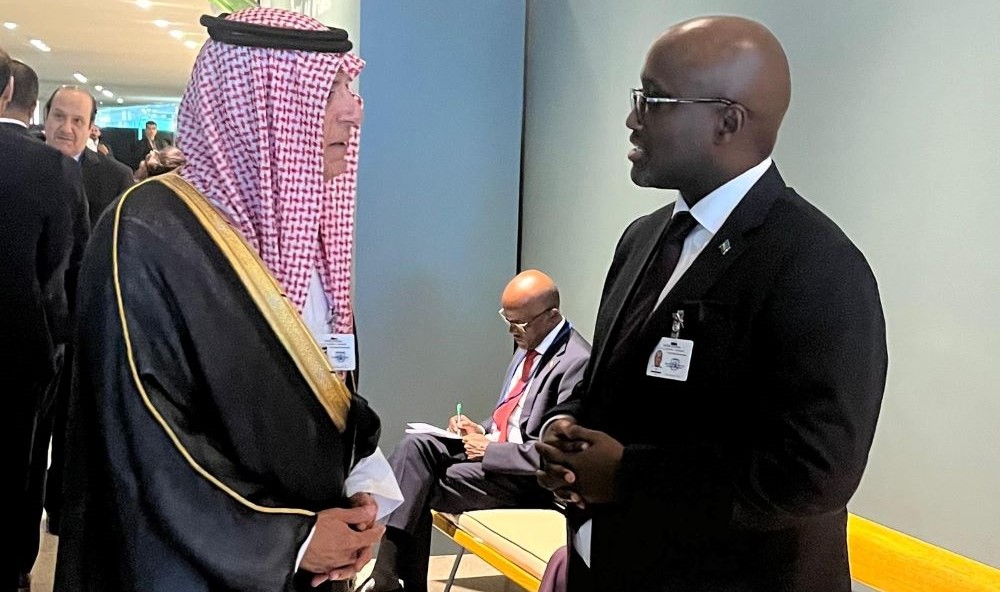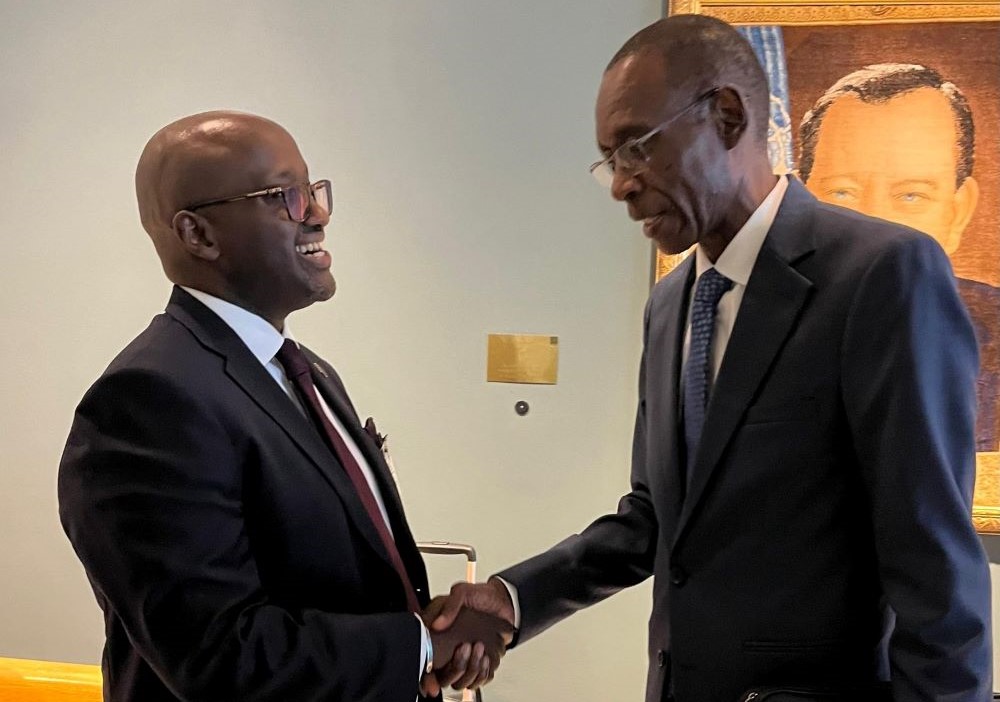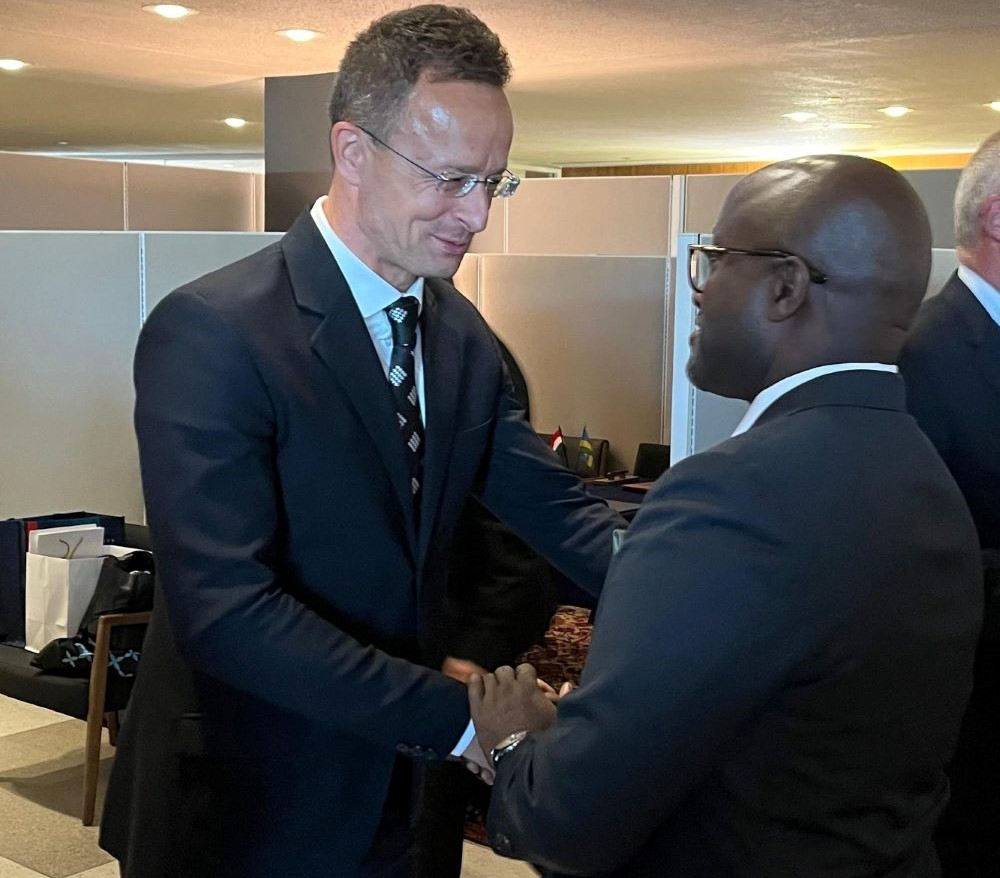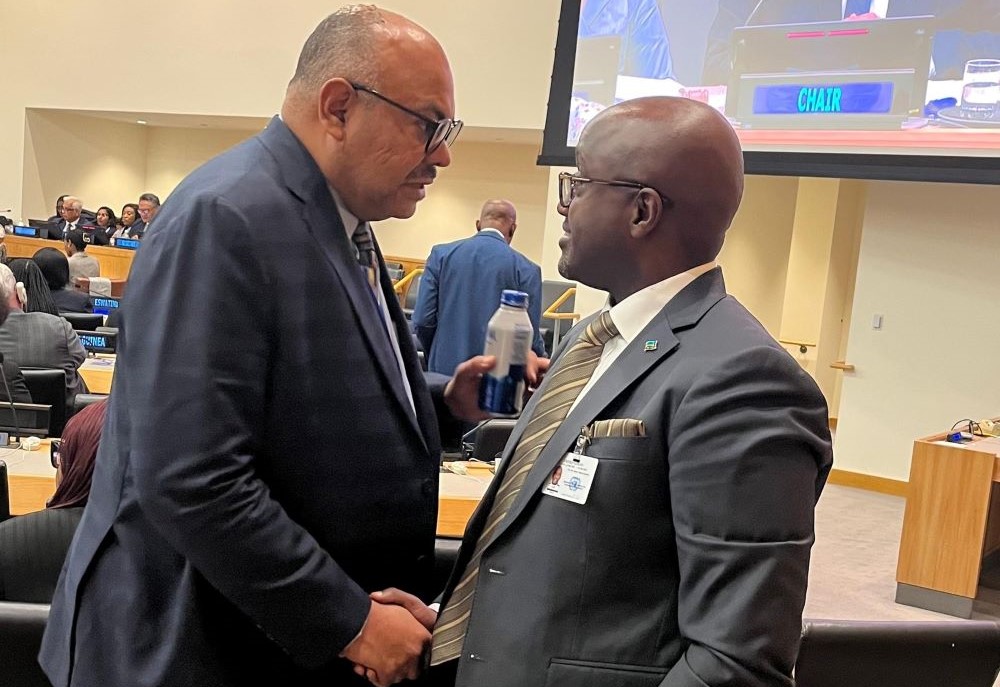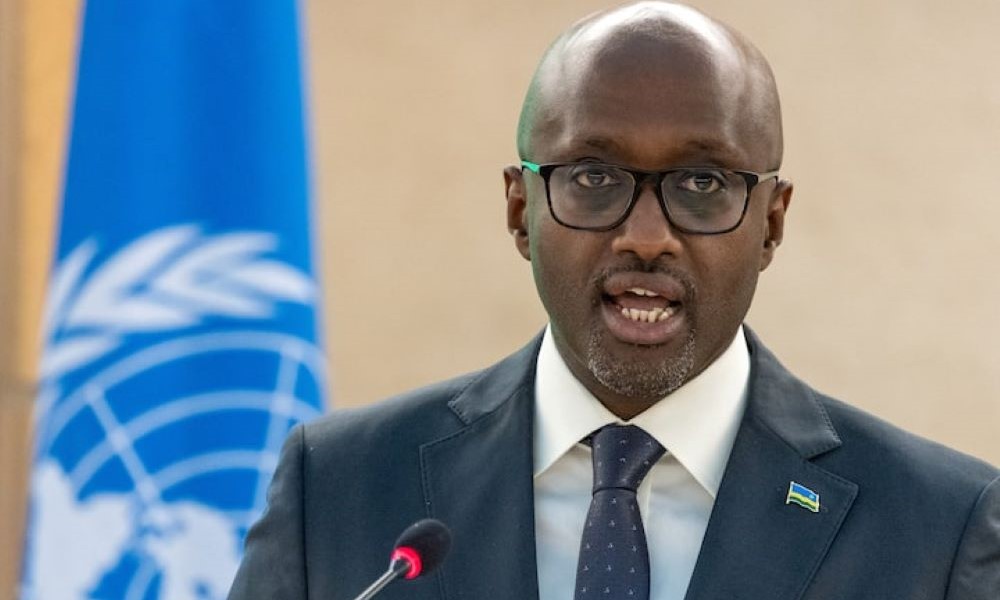At the 80th United Nations General Assembly in New York, Rwanda’s Minister of Foreign Affairs and Cooperation, Ambassador Olivier Nduhungirehe, delivered a firm call to the international community to act early against hate speech and atrocities in the Great Lakes Region, or risk witnessing another cycle of mass graves.
Speaking during a high-level ministerial session on the “Responsibility to Protect” (R2P), the Minister stressed that the framework adopted by the UN in 2005 remains as relevant today as ever but has not been implemented with the urgency it demands.
He emphasized that R2P’s core pillars, state responsibility to protect citizens, international support for capacity-building, and timely intervention when states fail, must be upheld without hesitation.
“Rwanda knows very well the cost of neglect. We have long seen that good governance, inclusive politics, and fighting discrimination are the cornerstones in preventing atrocities. Yet today, we are seeing growing hate speech, violence targeting specific communities, and alarming signs of genocide ideology that cannot be ignored,” Nduhungirehe said.
He added that these threats are not sudden but instead feed on entrenched impunity, failures in justice, and divisive politics. He warned that international inaction, particularly in eastern Democratic Republic of Congo (DRC), risks legitimizing distorted narratives that confuse victims with perpetrators.
In a social media post from New York, Nduhungirehe struck a more diplomatic tone, reflecting on the importance of partnership at the Assembly: “Always great to meet colleagues at #UNGA80 and discuss our common priorities and new ways to deepen collaboration.”
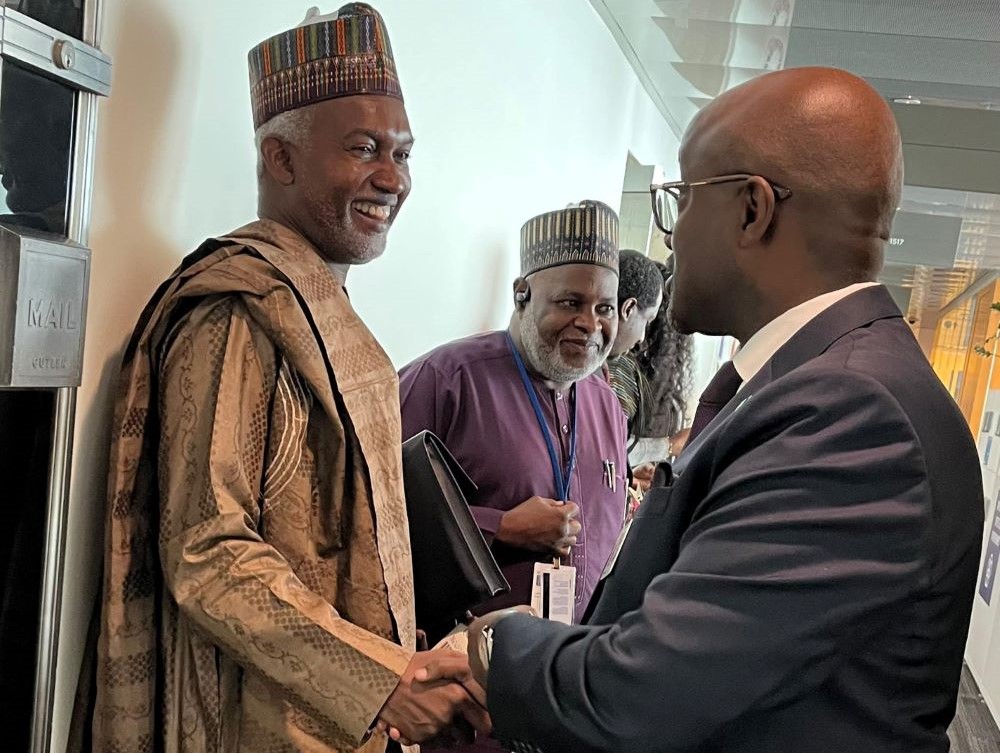
His reflections came at the backdrop of various interactions with different dignitaries in a bid to strike a notch on the global stage while strengthening alliances that can support peace and development at home and in the region.
In a brief interview on the sidelines of UNGA, the Minister elaborated on Rwanda’s strategic partnerships, particularly with Qatar. He noted that Rwanda and Qatar enjoy longstanding ties rooted in friendship, trade, and investment.
“We are still working together to strengthen those relations and find new areas of cooperation because we have seen that this partnership is fruitful for our two peoples,” he said, further praising Qatar’s constructive role as a mediator in the DRC crisis.
As peace talks between the Congolese government and the AFCM23 movement unfold in Doha, he explained that Rwanda recognizes the importance of dialogue facilitated by trusted partners.
“We thank Qatar, which is an important partner and mediator in the conflict in eastern DRC. These talks are critical because they involve Congolese Tutsis, citizens of Congolese nationality, culture, and language who have been marginalized and persecuted for many years. Bringing them into dialogue is vital for a sustainable peace,” he noted.
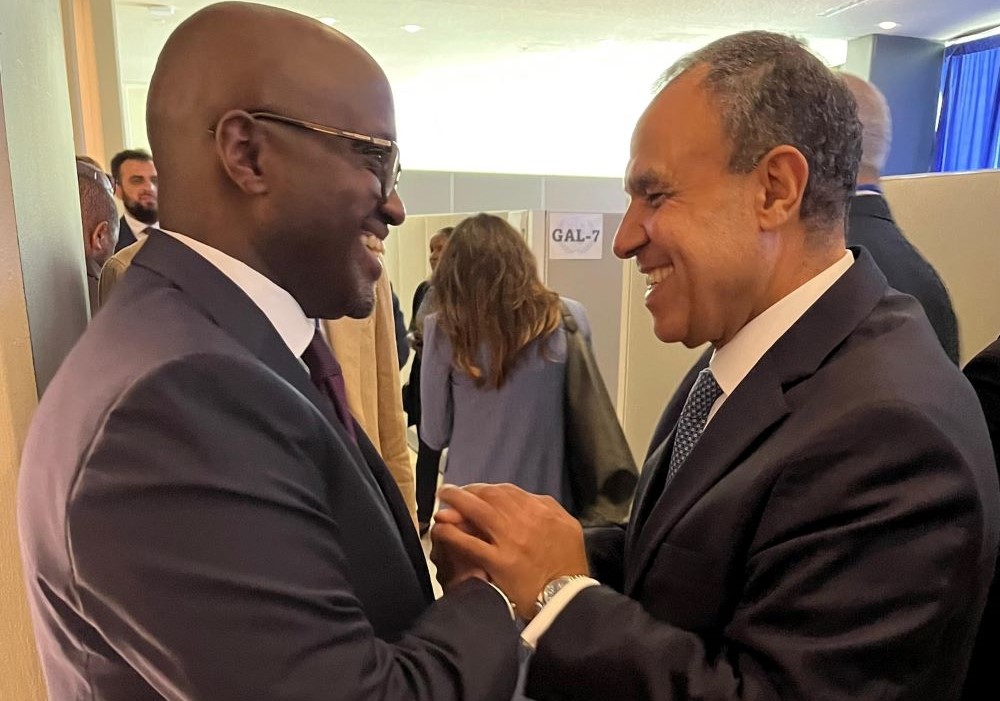
Nduhungirehe pointed out that the Doha talks complement an earlier agreement signed in Washington between Rwanda and the DRC, which specifically addressed security concerns over the FDLR militia, a group supported by Kinshasa that has long attacked Rwanda.
“It is important that we have these two processes, the Washington process and the Doha process, which we believe will be fruitful and bring permanent peace to our region,” he said.
The Minister linked these diplomatic efforts directly to Rwanda’s wider call for proactive measures against atrocities. He reiterated that hate speech cannot be defended as free expression when it poses an existential threat.
As Rwanda uses its presence at the General Assembly to advocate both for global accountability and regional peace, the world must move from rhetoric to decisive action by confronting root causes such as exclusion, denial of rights, and injustice.
